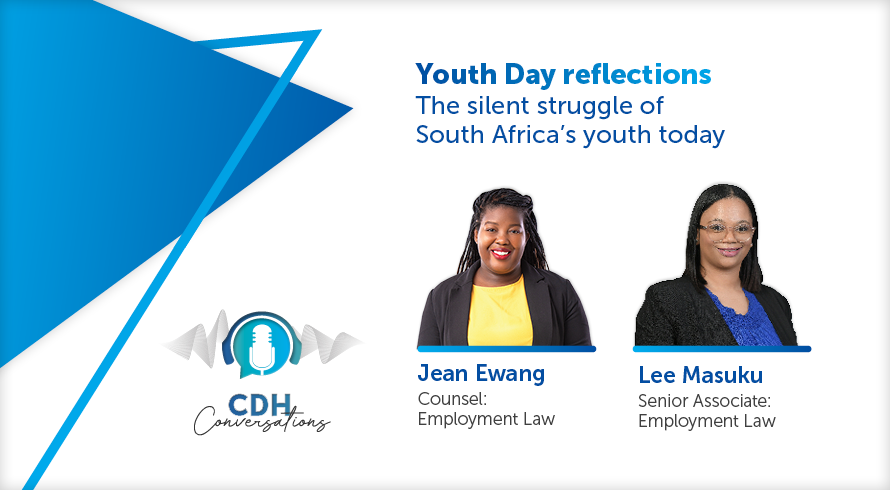Courts will not rescue parties who fail to perform their own due diligence
The applicant had given birth to a child with severe brain damage, which she claimed was as a result of hospital staff negligence at the Edenvale and Johannesburg General Hospitals. The MEC received a memorandum from their legal counsel detailing the liability of the staff and instructed them to enter into a compromise agreement in which the MEC assumed 90% liability for the damages incurred by Slabbert. This was accepted by the applicant and the agreement was made an order of court. Subsequently, the MEC abruptly hired a new attorney and brought an application to set aside the compromise agreement and to rescind the consent order on the basis that new evidence had surfaced which would materially alter the terms of, and the extent of, any compromise agreement between the parties.
The Gauteng High Court in Pretoria did exactly that: setting aside the consent order and the underlying compromise agreement. The applicant appealed this decision in the Supreme Court of Appeal (SCA).
A compromise agreement is a contract which creates new rights and obligations between the parties. The court may only set it aside if it is satisfied that the consent of either party was obtained fraudulently or in error. Consent is obtained fraudulently when one party’s misrepresentations cause the other to enter into a contract with them. An agreement entered erroneously by either party can only be set aside if the court is convinced that such an error was reasonable. Furthermore, if both parties labour under a common error regarding the contents or purpose of the contract, then the court may set it aside.
A unilateral mistake that does not flow from the misrepresentation of a party and is not reasonable, does not permit the mistaken party to resile from the agreement. The unmistaken party is entitled to certainty and the right to enforce a contract lawfully entered into.
If through their own negligence a party fails to perform a thorough due diligence, they are not subsequently entitled to ask the court to set aside the agreement. If a party could allege that it contracted mistakenly and thereby resile from any contract, contracts would lose their efficacy as enforceable agreements. This is obviously untenable.
The MEC relied on ignorance of the records which were under her control and her sudden awareness of evidence which was not new, but just not been properly considered, as the basis upon which she attempted to resile from the contract. This clearly amounts to a unilateral mistake resulting from the MEC’s own negligent conduct.
Accordingly, the SCA refused to set aside the agreement and overturned the decision of the High Court to rescind the consent order and set aside the compromise agreement.
This case serves as a reminder that the courts will not come to the aid of a litigant who fails to assist themselves. Furthermore, business transactions, and accordingly the entire economy, requires certainty with regard to the efficacy of contractual arrangements. It is therefore of vital importance that a contract, validly entered into, remains enforceable save for very select criteria of errors, particularly those which negate the true consensus of the parties to enter into that contract for the purpose and on the terms therein contained.
The information and material published on this website is provided for general purposes only and does not constitute legal advice. We make every effort to ensure that the content is updated regularly and to offer the most current and accurate information. Please consult one of our lawyers on any specific legal problem or matter. We accept no responsibility for any loss or damage, whether direct or consequential, which may arise from reliance on the information contained in these pages. Please refer to our full terms and conditions. Copyright © 2026 Cliffe Dekker Hofmeyr. All rights reserved. For permission to reproduce an article or publication, please contact us cliffedekkerhofmeyr@cdhlegal.com.
Subscribe
We support our clients’ strategic and operational needs by offering innovative, integrated and high quality thought leadership. To stay up to date on the latest legal developments that may potentially impact your business, subscribe to our alerts, seminar and webinar invitations.
Subscribe


